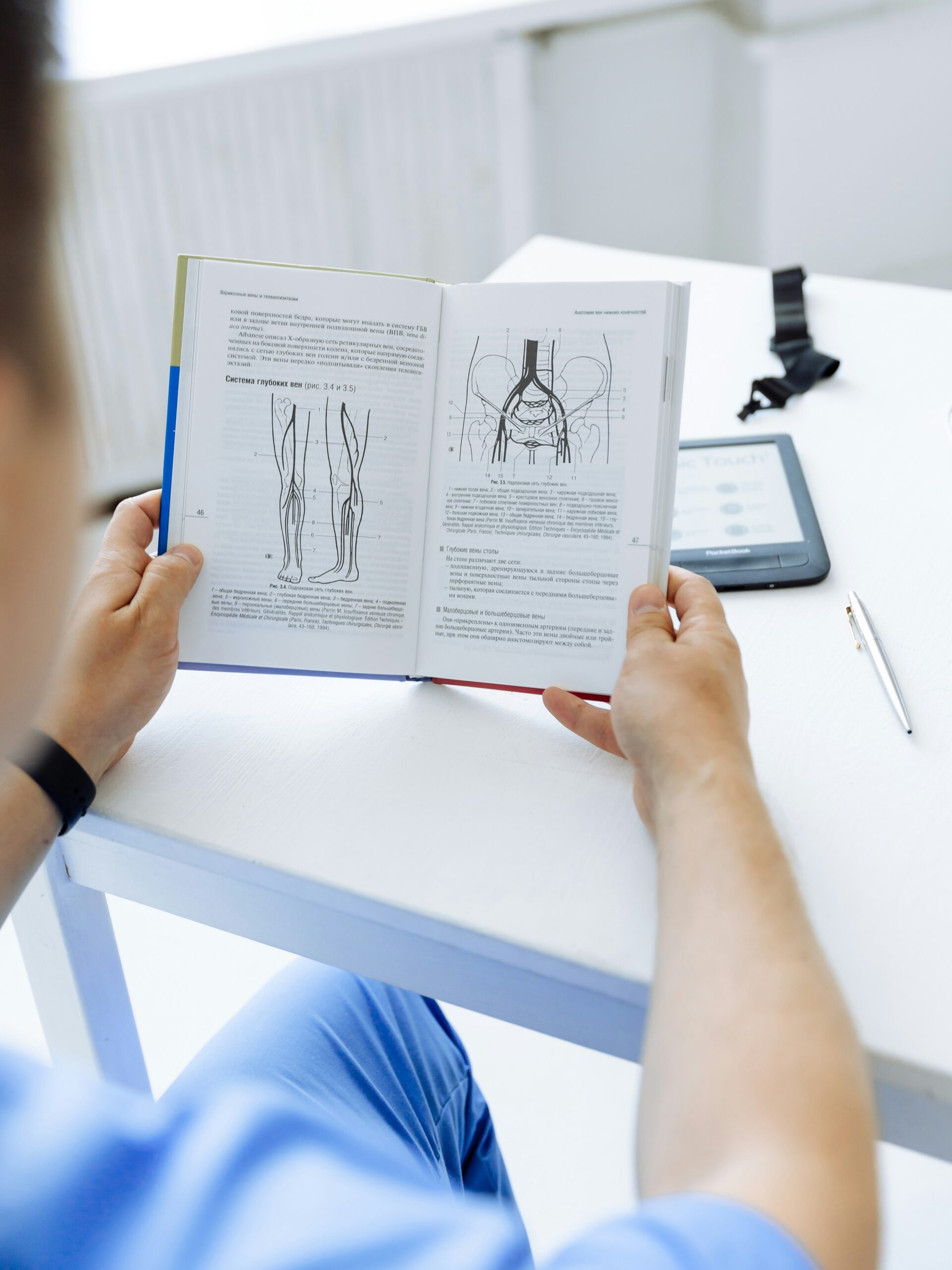
Undergoing major surgery can be a life-changing experience. The recovery process can be overwhelming, whether for an injury, a chronic condition, or an elective procedure. This guide will provide essential insights into navigating life after surgery, reclaiming your health, managing post-surgery care, and regaining independence and wellness.
Understanding the Recovery Journey
Recovery from surgery involves both physical and emotional challenges. Your body needs time to heal, requiring patience, understanding, and a positive outlook. In the first few weeks after surgery, following your healthcare provider’s instructions carefully is essential. This ensures that you don’t overexert yourself and allows for proper healing.
Post-surgery recovery is not just about resting but actively taking steps to aid the healing process. Depending on the type of surgery, you might need to modify your daily routine or limit certain activities for a while. Your doctor will likely recommend rest, hydration, proper nutrition, and, in some cases, physical therapy or rehabilitation to restore your strength. Remember, each person’s recovery is different, and what works for one person may not be suitable for another.
Managing Pain and Discomfort
Pain management is one of the most immediate concerns after major surgery. While it’s common to experience some pain or discomfort, it’s crucial to manage it effectively to ensure a smooth recovery. Doctors typically prescribe pain medications, but they can also suggest over-the-counter options to alleviate mild to moderate pain.
Along with medication, there are other techniques to ease discomfort, such as applying heat or cold to the affected area, practicing relaxation exercises, and using breathing techniques to reduce stress. Speak to your healthcare provider about the best ways to manage your pain based on your surgery type and pain tolerance. Over time, as the healing process continues, the pain will likely lessen, and your doctor will help you transition off more potent medications.
Adapting to New Routines and Habits
Many people find it necessary to adjust their daily routines after surgery. These adjustments include changes in activity level, diet, or how they perform specific tasks. You may also need to take time off from work or other obligations to prioritize rest and recovery.
Incorporating gentle exercise or physical therapy into your routine is also essential. This helps build strength, improve flexibility, and prevent complications such as muscle atrophy or joint stiffness. Whether walking, light stretching, or participating in prescribed rehab exercises, staying active at a pace that works for you is vital.
While physical recovery is necessary, mental and emotional recovery should not be overlooked. Many people experience mood fluctuations, anxiety, or depression after surgery. This is a regular part of the recovery process. Acknowledging your emotions and seeking support from friends, family, or counselors is essential. Mindfulness practices and meditation can also help manage stress and improve your overall well-being.
Building a Support System
No one should have to go through recovery alone. A strong support system can make a significant difference in your recovery journey. Whether it’s a partner, family member, or close friend, having someone to help with daily tasks, encourage, and listen can alleviate stress.
If you don’t have a close support system, consider joining a support group for people recovering from similar surgeries. These groups can provide helpful advice, shared experiences, and the comfort of knowing you’re not alone in the healing process. Your doctor or healthcare provider can often recommend local or online support groups.
Focusing on Long-Term Health and Wellness
While your immediate goal may be to recover from surgery, focusing on long-term health and wellness is essential. Post-surgery recovery can be an excellent opportunity to reassess your lifestyle and make changes that will improve your overall health. Consider adopting a more balanced diet, incorporating regular exercise into your daily routine, and focusing on mental health.
Nutrition plays a pivotal role in recovery. Eating a diet rich in vitamins, minerals, and protein can support tissue healing and energy restoration. Talk to your healthcare provider or a nutritionist about the best foods to include during recovery. Hydration is also key, as staying well-hydrated helps heal and prevent complications like constipation. You should also be familiar with certain medications.
Lastly, long-term physical activity will help you maintain your overall health. Once fully healed, aim to stay active and incorporate exercises focusing on strength, flexibility, and endurance. Regular physical activity helps you stay fit and reduces the risk of complications like cardiovascular disease, diabetes, and obesity.
Reclaiming Your Independence
One of the most empowering aspects of recovery is regaining your independence. As you continue to heal and regain strength, you’ll find that you can return to your normal activities and routines. This process can take time, and you may need to work with a physical therapist to rebuild strength and mobility.
Small milestones, like getting back to work, resuming hobbies, or taking short walks, can significantly impact your sense of accomplishment. Celebrate each victory, no matter how small, as it signifies progress. It may take months before you’re back to your pre-surgery activity level, but with dedication and perseverance, you will get there.
Recovery from surgery is a personal journey that requires resilience and a focus on both physical and mental well-being. By understanding the recovery process, managing pain, building a support system, and focusing on long-term health, you can reclaim your health and wellness after major surgery.